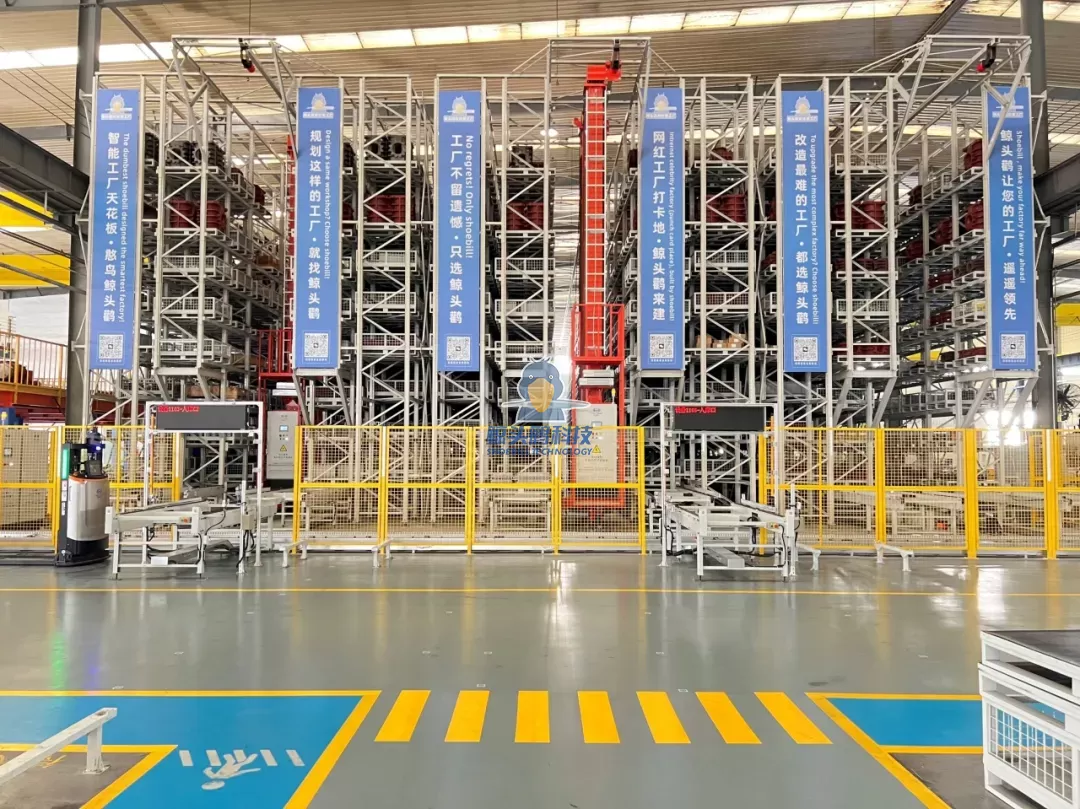Deep cleaning is an essential process in various industries, ensuring optimal performance, hygiene, and longevity. Whether it's in dentistry, housekeeping, or industrial maintenance, understanding the duration of a deep cleaning procedure is crucial for planning and resource allocation. In this article, we will delve into the factors that influence the time required for a deep cleaning and provide insights into optimizing efficiency without compromising quality.
- Understanding the Scope of Deep Cleaning:
Deep cleaning encompasses a comprehensive approach that goes beyond regular cleaning routines. It involves meticulous attention to detail, targeting hard-to-reach areas, and eliminating accumulated dirt, grime, and bacteria. The duration of a deep cleaning procedure depends on the specific industry and the extent of cleaning required. - Factors Influencing the Duration:
a) Size and Complexity: The size and complexity of the area or object being cleaned play a significant role in determining the time needed. For instance, a small dental office may require a few hours for a deep cleaning, while a large industrial facility might take several days or even weeks.
b) Level of Contamination: The severity of contamination directly impacts the time required for deep cleaning. Highly contaminated environments, such as post-construction sites or heavily soiled equipment, demand more time and effort to ensure thorough cleaning.
c) Equipment and Techniques: The availability of advanced cleaning equipment and techniques can significantly reduce the time needed for deep cleaning. Innovations like high-pressure steam cleaning or automated systems can expedite the process without compromising quality. - Deep Cleaning in Different Industries:
a) Dental Deep Cleaning: In dentistry, a deep cleaning procedure, also known as scaling and root planing, aims to remove plaque, tartar, and bacteria from below the gum line. Depending on the severity of gum disease, a deep cleaning session typically lasts between one to two hours per quadrant, with multiple visits required for complete treatment.
b) Housekeeping Deep Cleaning: When it comes to deep cleaning a house or commercial space, the duration varies based on the size, level of clutter, and specific requirements. On average, a thorough deep cleaning of a standard-sized house may take anywhere from four to eight hours, while larger properties or those with extensive cleaning needs may require additional time.
c) Industrial Deep Cleaning: Industrial facilities, such as manufacturing plants or food processing units, often require periodic deep cleaning to maintain hygiene standards and prevent equipment malfunction. The duration of industrial deep cleaning can range from a few days to several weeks, depending on the size, complexity, and contamination level of the facility. - Optimizing Efficiency without Compromising Quality:
a) Proper Planning: Effective planning, including assessing the scope of cleaning, allocating resources, and scheduling downtime, is crucial for optimizing efficiency.
b) Teamwork and Specialization: Assigning tasks to a well-coordinated team with specialized skills can significantly reduce the time required for deep cleaning.
c) Regular Maintenance: Implementing regular cleaning and maintenance schedules can prevent excessive dirt buildup, reducing the time needed for deep cleaning sessions.
Conclusion:
The duration of a deep cleaning procedure varies across industries, depending on factors such as size, complexity, contamination level, and available equipment. By understanding these factors and implementing efficient strategies, businesses and individuals can ensure thorough deep cleaning while minimizing downtime. Remember, a well-executed deep cleaning not only enhances the aesthetics but also promotes a healthier and safer environment.



